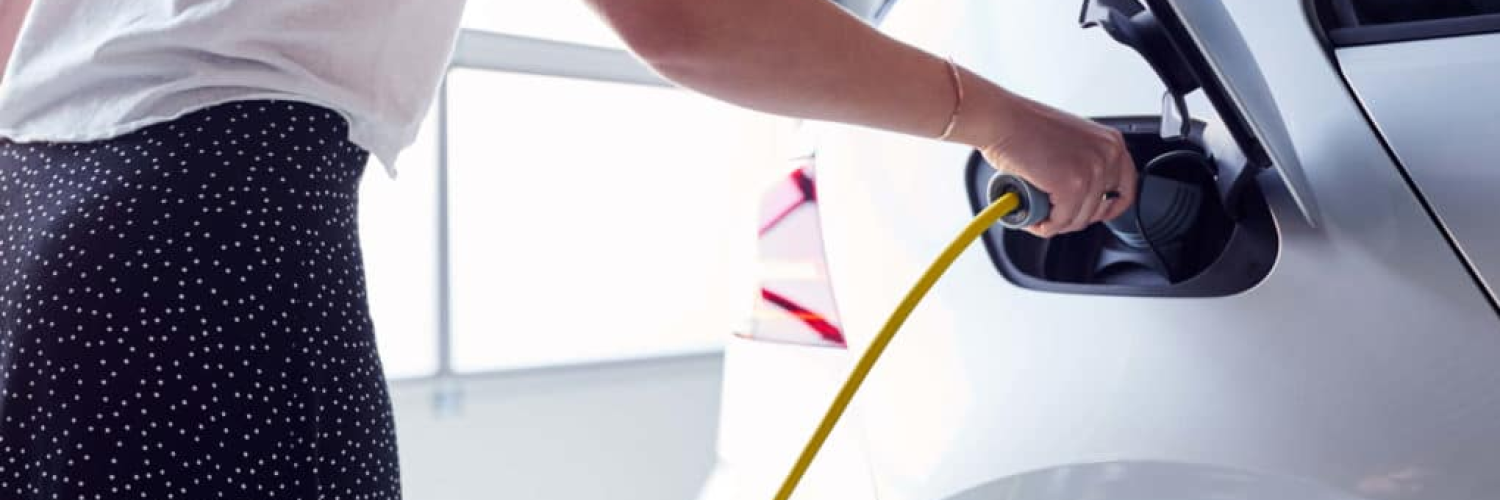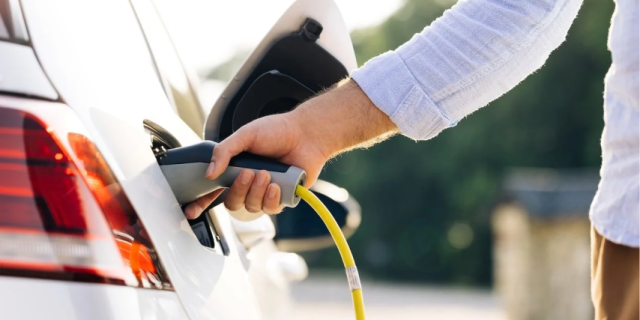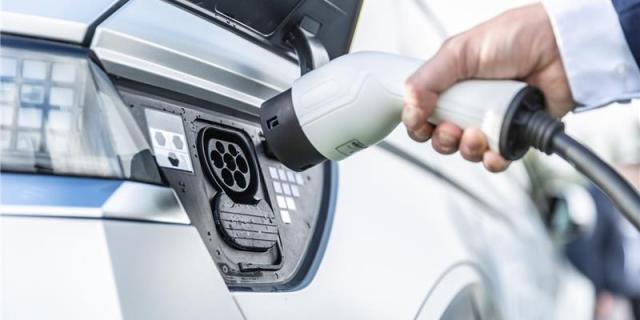Over the past year, electric mobility has seen impressive growth in Belgium. With a sharp increase in charging points and electric vehicles, we are increasingly pioneering sustainable mobility. However, challenges remain, such as the further expansion of the country's charging infrastructure and the adoption of electric vehicles by private individuals.
Record growth in 2024
With a 72% increase in the number of charging stations and 37% more registrations of electric vehicles according to data from EV Belgium, Belgium experienced a boom in electric mobility last year. In total, no fewer than 127.750 new electric cars were registered, and the country now has 83.111 charging stations. According to our own figures, Belgium now has 68 electric vehicles for each fast charger, which takes it to fourth place in the European rankings. The country is therefore well on its way to achieve its ambition of having two million electric vehicles on its roads by 2030.
This strong growth is also attracting attention internationally. ACEA figures show that in 2024, 28,5% of all registered cars in Belgium were electric vehicles, constituting a 9% increase compared to 2023. This means Belgium now has 15% more electric vehicles than the European Union average of 13,6%. This takes Belgium to seventh place in the European rankings, after only the Nordic countries, the Netherlands and Malta.
Stabilising electricity prices
Another positive development is that according to Arval’s figures, electricity prices appear to be stabilising after a strong upswing in 2022. In Belgium, the average electricity price of 0,24 cents per kWh is slightly above the European average of 0,22.
According to Statbel's figures, the average price of petrol and diesel in 2025 has so far been 1,73 and 1,79 euros per litre, respectively. Assuming a conservative consumption of 20 kWh/100 kilometres for an electric vehicle and 5 l/100 kilometres for a petrol or diesel vehicle, the consumption cost per 100 kilometres of an electric car remains considerably less than that of a car with a traditional internal combustion engine.
Challenges for the future
Of course, there are also some areas for improvement. It remains important that Belgium's multiple governments continue to pursue consistent policies for the transition to an electric fleet. And in terms of charging infrastructure, the country is doing well, but there is still work to be done. According to our own Arval projection, the average market share of EVs would be more than 50% by 2030. Further investment in additional charging infrastructure is therefore essential.
We believe that this progress in charging infrastructure will further encourage the adoption of electric vehicles. There is still room for strong growth, particularly in the private market. With more and more affordable electric vehicles, young used electric cars and a growing charging infrastructure, the industry is ready.




